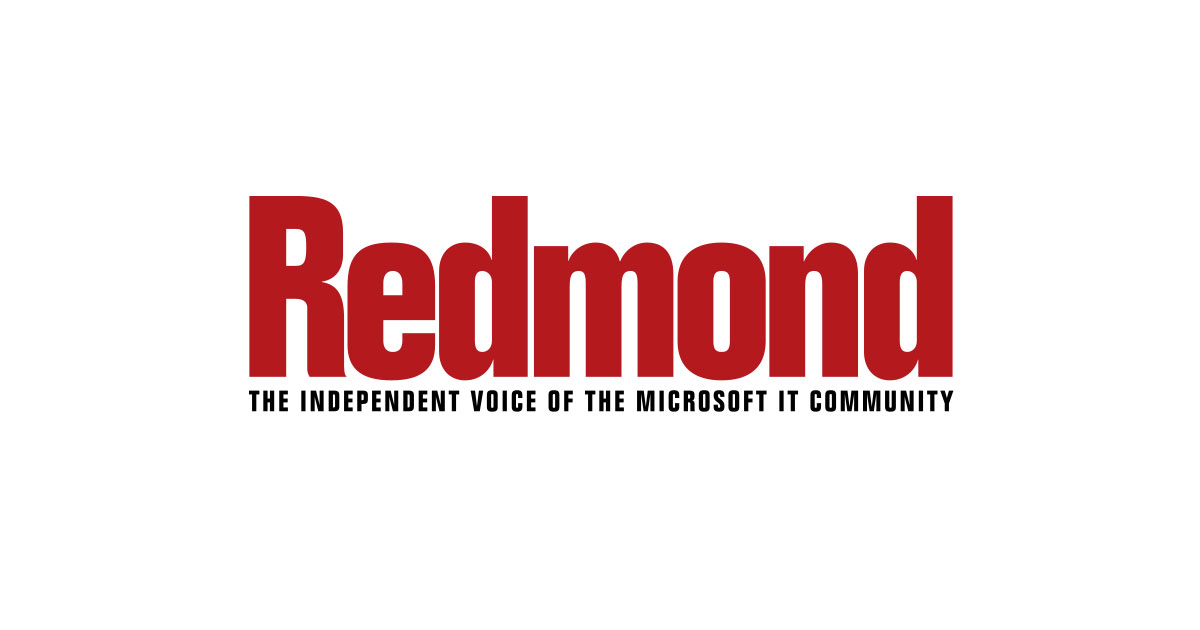Exploring Copilot AI Security Agents, Voice Phishing, and Microsoft’s Initial Cloud PC

Copilot AI Security Agents: Enhancing Digital Safety
Introduction to Copilot AI
Microsoft has introduced a new set of AI-powered security features within its Copilot platform. These features aim to bolster defenses against cyber threats, particularly in collaborative environments such as Microsoft Teams. With growing concerns about cybersecurity, businesses are increasingly relying on advanced technology to protect sensitive information.
What Are AI Security Agents?
AI security agents are automated systems that leverage artificial intelligence to monitor and respond to potential cyber threats. In the case of Microsoft Copilot, these agents are designed to identify and counteract various types of cyberattacks, providing a proactive approach to security.
Voice Phishing Threats
One of the significant threats facing organizations today is voice phishing, or vishing. This tactic involves cybercriminals using phone calls or voice messages to deceive individuals into sharing sensitive information. Attackers may impersonate legitimate businesses or even use familiar voices, making it challenging for victims to discern the truth. Microsoft Teams, being a popular platform for communication, has become a frequent target for these kinds of attacks.
Recognizing Voice Phishing Attacks
To guard against voice phishing, here’s what users should be aware of:
- Strange Requests: Be cautious of unexpected requests for personal information, especially over the phone.
- Urgency Tactics: Attackers often create urgency, pressuring individuals to act quickly without thinking clearly.
- Verification: Always verify the identity of the caller before providing any information. If you have doubts, hang up and call the official number of the organization.
- Stay Informed: Regular training and updates on the types of phishing attacks can help employees recognize these threats more effectively.
Recent Developments: Microsoft’s Cloud PC
Another significant announcement accompanying the AI security agents is the introduction of Microsoft’s first Cloud PC. This service aims to provide users with a cloud-based desktop experience that allows secure access to applications and data from anywhere. By using the Cloud PC, organizations can enhance their operational efficiency while also ensuring that they are deploying security measures that scale with their growth.
Key Features of the Cloud PC:
- Accessibility: Users can access their desktops and applications from virtually any device, improving flexibility, especially for remote work.
- Enhanced Security: The cloud-based architecture allows for better security management, including automatic updates and compliance checks.
- Scalability: Organizations can easily scale their IT resources up or down according to their needs, which is particularly useful in today’s fast-changing business landscape.
What to Expect in Upcoming Updates
As companies continually face evolving cyber threats, updates to security measures within platforms like Microsoft Teams are crucial. Here are some expected features:
- Improved Detection Algorithms: Enhanced AI algorithms will help detect and respond to unexplained network behavior, potentially identifying criminal activity before serious damage occurs.
- User Education Tools: Microsoft may introduce features to help educate users about safe practices and how to identify potential phishing attempts.
- Integration with Other Security Tools: The integration of Copilot AI with existing security solutions is expected, providing a more comprehensive defense strategy.
Conclusion
In a world increasingly reliant on digital communication, Microsoft’s advancements in AI security and Cloud PC technology show a commitment to ensuring safer and more efficient environments. By implementing AI security agents and remaining vigilant against threats like voice phishing, organizations can better protect sensitive information and strengthen their overall cybersecurity posture.






